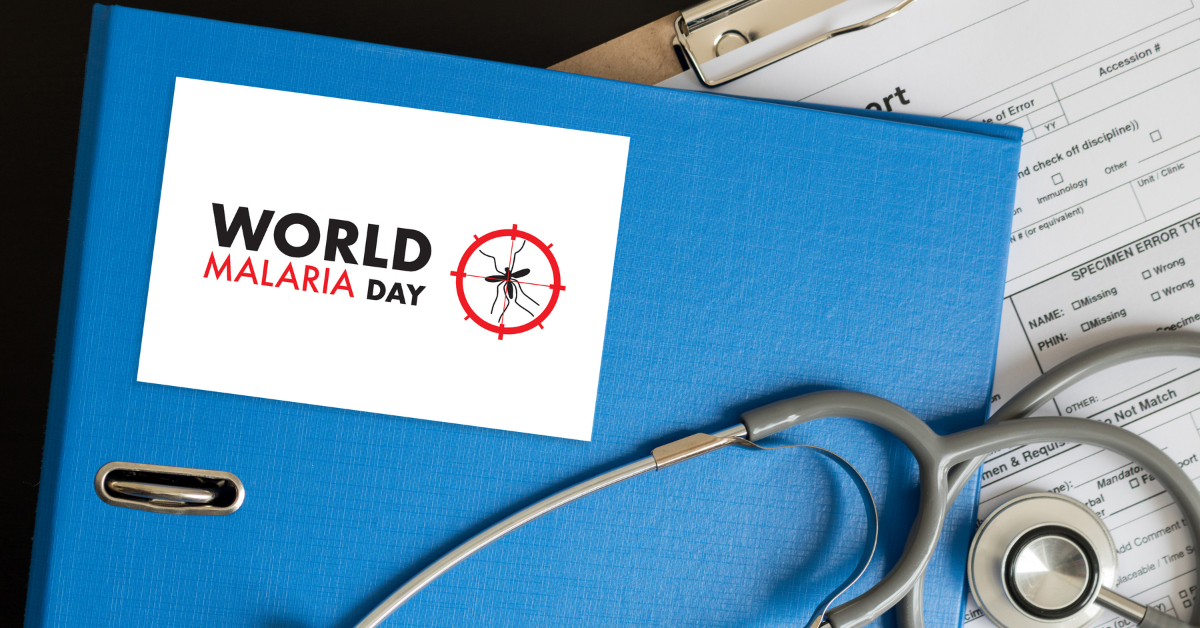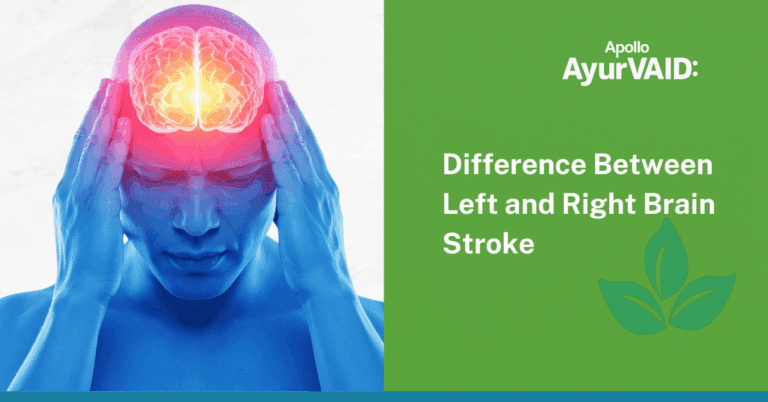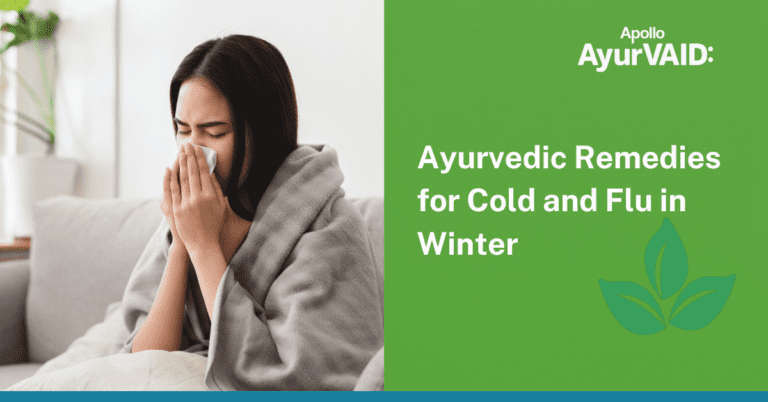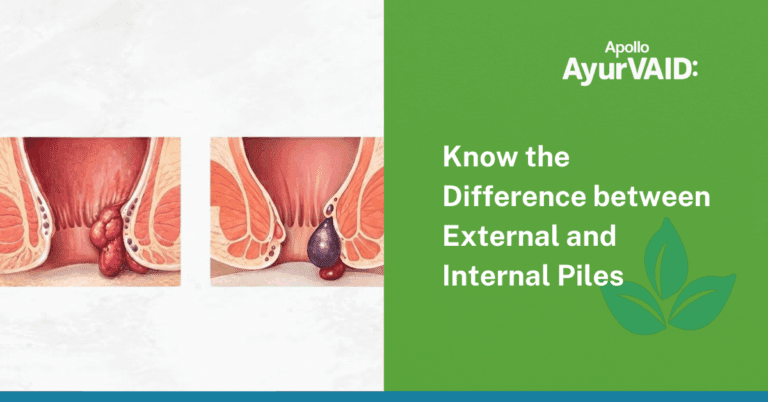World Malaria Day, observed on April 25th, serves as an annual reminder that many people continue to battle with the disease that is spread by mosquitoes. Despite technological advancements, malaria remains a significant worldwide concern. “Malaria Ends With Us: Reinvest, Reimagine, Reignite,” this year’s theme for World Malaria Day, is a grassroots campaign to raise malaria awareness to accelerate the disease’s elimination at all levels, from international policy to community action.
Malaria is known in Ayurveda as “Vishama Jvara,” emphasising its Vishamaarambha (erratic onset) and Visarga (periods of remission). Increasing immunity is the main goal of malaria Ayurvedic treatment, along with preventing the disease’s development post-exposure. Treatment of malaria according to Ayurveda includes food and lifestyle modification, Panchakarma to assist the body in regaining its natural equilibrium and avoiding recurrence. This blog seeks to increase malaria awareness and Ayurveda treatment modalities beneficial in malaria.

Symptoms of Malaria:
Malaria is caused by Plasmodium parasites, transmitted by the bite of infected Anopheles mosquitoes. Once the parasite enters your system, it immediately targets your liver, multiplies silently, and then enters your bloodstream, causing a rapid breakdown of red blood cells. Here’s what you’ll typically feel a few weeks after being bitten by an infected mosquito:
- High fever (that may come and go in cycles)
- Body chills followed by sweating
- Headaches, muscle, joint, or abdominal pain
- Nausea, vomiting, or diarrhoea
- Anxiety and fatigue
- Rapid heart rate or breathing
- In severe cases, it can lead to organ failure or even be fatal.
The parasite can lie dormant in the body for up to a year in a few people
Ayurveda for Malaria- Preventive Measures
- Instead of treating the disease after its onset, Ayurveda focuses on building a strong immunity against developing malaria. Let us understand how Ayurveda helps in providing comprehensive, evidence-based care for malaria-
- Prioritising Immunity Building and Mosquito Bite Prevention
- Ayurveda has solutions to curb the presence of mosquitoes. Dhupana, or fumigation of herbal powders, can help ward off mosquitoes and prevent their bites. Ayurveda can build immunity and prevent the development of symptoms.
- Early Malaria Prevention with Precision Ayurveda
- Early detection of malaria symptoms is vital to prevent the disease from progressing to severe stages. Precision Ayurveda for malaria can play a significant role in identifying warning Amalakshanas, or signs of toxin buildup, like a general feeling of being unwell, fatigue and laziness, incomplete evacuation of the bowel or constipation, etc. These can be the premonitory symptoms of the upcoming infection. Consulting an Ayurveda physician for prompt intervention post-mosquito bite can help halt disease progression.
- Post-Infection Care and Recurrence Prevention
- Ayurvedic treatment can help avoid the residual effects and reduce the chances of recurrence in the future. It helps boost Agni and strength by addressing Ama lakshanas promptly. Treatment of malaria according to Ayurveda rebuilds long-term immunity by restoring metabolic balance and boosting Ojas (vitality).
Conclusion
Malaria’s early symptoms, like fatigue, mild fever, or chills, can often seem like nothing more than a passing bug. But these subtle signs are exactly why awareness is so important. Acting early doesn’t just help with faster recovery—it can save lives.
This World Malaria Day, as we reflect on the theme, “Malaria Ends With Us: Reinvest, Reimagine, Reignite,” it’s time we think beyond reactive treatment. It’s time we prioritise prevention, long-term health, and community well-being. Ayurveda encourages us to listen to our bodies, strengthen our immunity, and take proactive steps through simple yet powerful lifestyle practices, personalised herbal support, and holistic care.
At Apollo AyurVAID, the precision Ayurveda approach integrates traditional wisdom with modern insight. From early symptom recognition to post-infection recovery, this ancient science offers more than just treatment—it provides a way to restore balance, resilience, and vitality.







